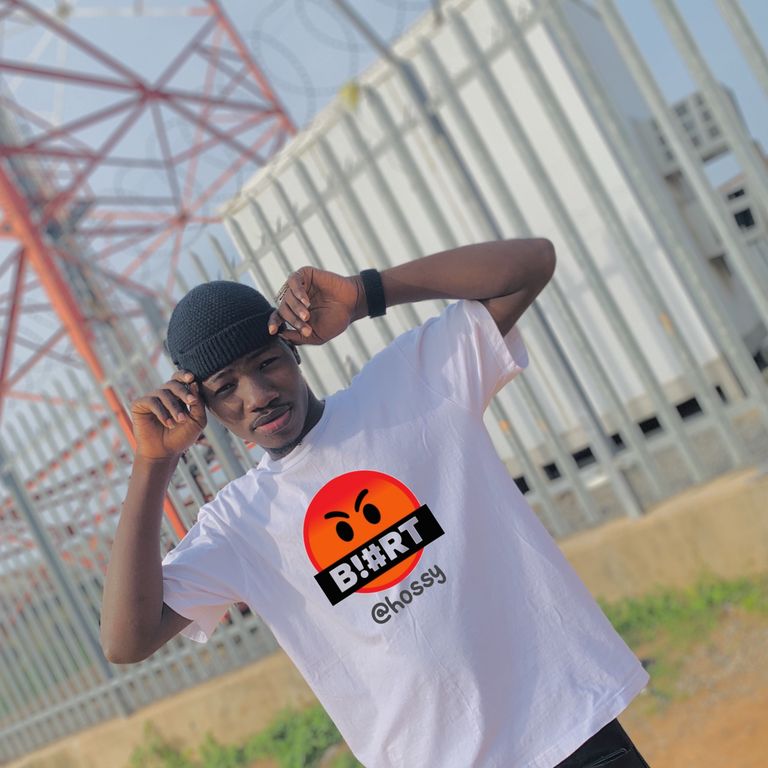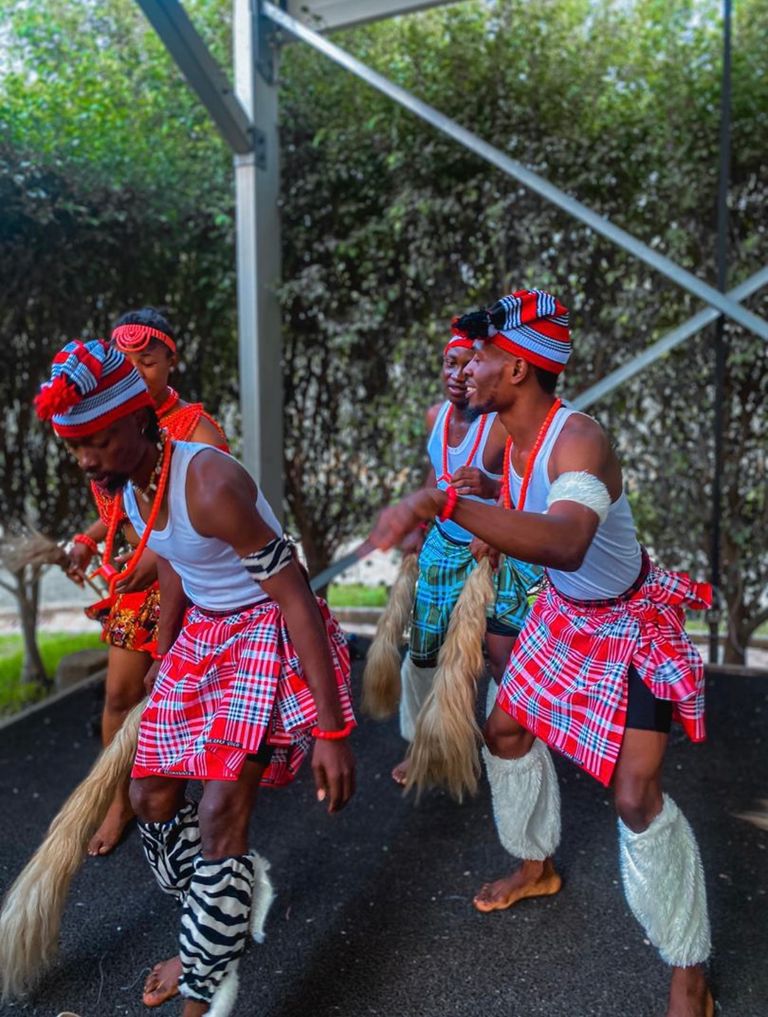
Igbo culture is one of the most vibrant and rich cultures in Nigeria, with a long history and tradition of excellence. The Igbo people are an ethnic group native to the southeastern region of Nigeria, and their culture is known for its unique customs, traditions, and values.
History of Igbo Culture:
The Igbo people have a long and storied history, with evidence of human habitation in the region dating back to the Stone Age. The Igbo kingdom was a major power in the region, with a complex system of government, economy, and social organization. The Igbo people were known for their skilled craftsmanship, trade, and commerce, and their culture was heavily influenced by their interactions with other ethnic groups in the region.
Traditional Igbo Attire:
Traditional Igbo attire is known for its vibrant colors, intricate patterns, and elegant designs. The Igbo people are known for their love of fine clothing, and their traditional attire is no exception. The traditional Igbo attire for men includes a long, flowing robe called an "agbada," which is typically made of cotton or silk and adorned with intricate patterns and designs. The traditional Igbo attire for women includes a wrapper called an "akwa ocha," which is typically made of cotton or silk and adorned with intricate patterns and designs.
Igbo Traditional Dances:
Igbo traditional dances are known for their energetic and lively movements, and are often performed during special occasions such as weddings, festivals, and ceremonies. Some popular Igbo traditional dances include the "Atilogwu" dance, which is a traditional dance that involves a lot of acrobatic movements and flips, and the "Ekpe" dance, which is a traditional dance that involves a lot of energetic movements and drumming.
Igbo Traditional Music:
Igbo traditional music is known for its unique sound and rhythm, and is often played during special occasions such as weddings, festivals, and ceremonies. Traditional Igbo music is typically played on instruments such as the "igba" (a type of drum), the "ekwe" (a type of drum), and the "ogene" (a type of metal gong).
Igbo Traditional Food:
Igbo traditional food is known for its delicious and nutritious dishes, which are often made with locally-sourced ingredients such as yams, cassava, and vegetables. Some popular Igbo traditional dishes include "akpu" (a type of fufu made from cassava flour), "egusi" (a type of soup made with melon seeds), and "okra" (a type of soup made with okra).
Igbo Traditional Festivals:
Igbo traditional festivals are known for their colorful and lively celebrations, which often involve music, dance, and feasting. Some popular Igbo traditional festivals include the "Ofala" festival, which is a traditional festival that celebrates the coronation of a new king, and the "Iwa Ji" festival, which is a traditional festival that celebrates the harvest season.
Igbo Proverbs and Sayings:
Igbo proverbs and sayings are known for their wisdom and insight, and are often used to convey important messages and teachings. Some popular Igbo proverbs and sayings include "Onye wetere oji wetere uwa" (which means "he who brings kola nut brings life"), and "Igbo enwe eze" (which means "Igbo has no king").
Igbo Values and Beliefs:
Igbo values and beliefs are known for their emphasis on community, respect, and hard work. The Igbo people place a strong emphasis on the importance of community and family, and believe in the value of hard work and self-reliance. They also believe in the importance of respecting one's elders and traditions, and place a strong emphasis on the value of education and knowledge.

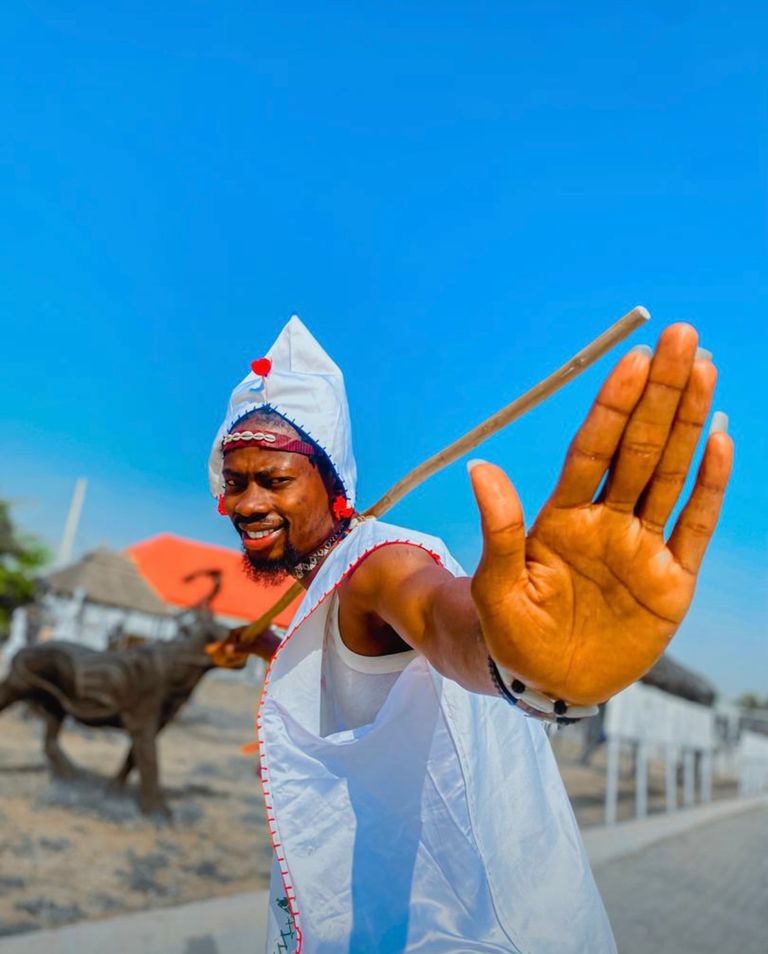
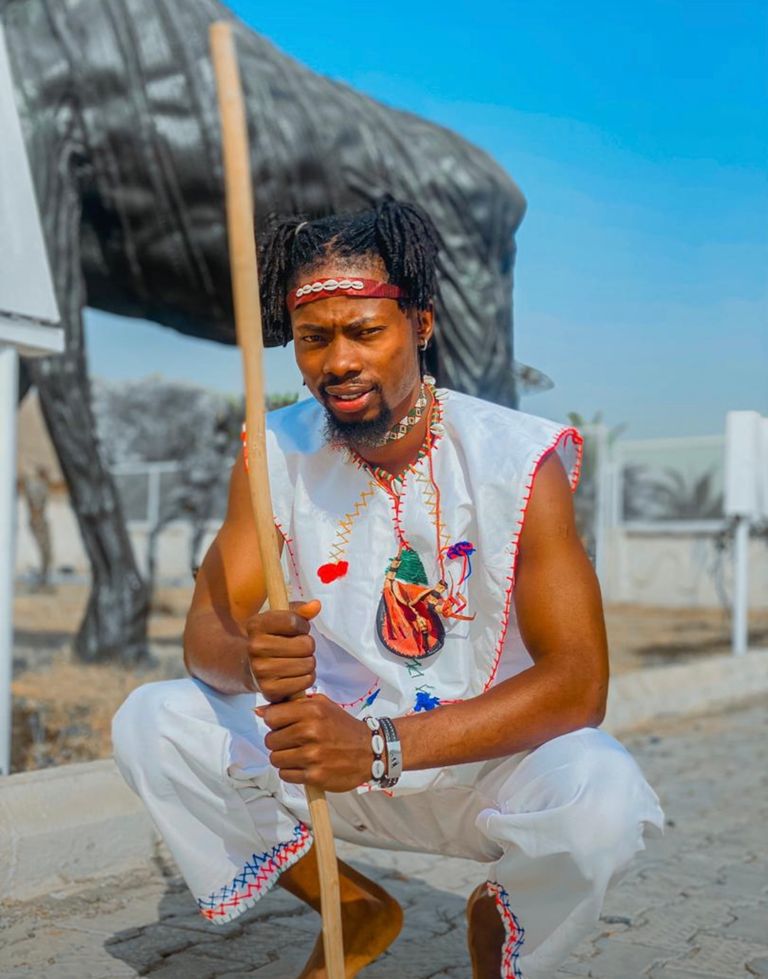
The Fulani people are a nomadic ethnic group found in several countries in West Africa, including Nigeria, Mali, Guinea, and Senegal. They have a rich and unique traditional culture that is shaped by their history, language, and customs. Here are some aspects of Fulani traditional culture:
- Traditional Clothing: Fulani men and women wear traditional clothing that is designed to be comfortable and practical for their nomadic lifestyle. Men wear a long, flowing robe called a "kaftan," while women wear a long, flowing dress called a "mbubbudiu."
- Hats and Headgear: Fulani men and women wear distinctive hats and headgear that are an important part of their traditional attire. Men wear a hat called a "hulun," while women wear a headscarf called a "mudukurum."
- Jewelry: Fulani women wear intricate jewelry made from beads, cowry shells, and other materials. The jewelry is often worn around the neck, wrists, and ankles.
- Traditional Dance: Fulani traditional dance is known for its energetic and acrobatic movements. The dance is often performed during special occasions such as weddings and festivals.
- Music: Fulani traditional music is played on instruments such as the "hoddu" (a type of guitar) and the "kalangu" (a type of drum).
- Cuisine: Fulani cuisine is simple and hearty, and is often based on meat, milk, and grains. Popular dishes include "sosso" (a type of stew) and "kuskus" (a type of porridge).
- Traditional Festivals: Fulani traditional festivals are an important part of their culture and are often celebrated with music, dance, and feasting. Some popular festivals include the "Sharo" festival, which is celebrated to mark the beginning of the rainy season, and the "Dikko" festival, which is celebrated to mark the end of the dry season.
- Social Organization: Fulani society is organized into clans and lineages, with a strong emphasis on family and community ties.
- Language: The Fulani language is called "Fulfulde" and is spoken by over 10 million people in West Africa.
- Traditional Medicine: Fulani traditional medicine is based on the use of herbs and other natural remedies to treat a range of ailments.
- Art and Craft: Fulani art and craft are known for their beauty and intricacy, and include woodcarvings, leatherwork, and textiles.
Some of the popular Fulani traditional dances include:
- Sharo: This is a traditional dance that is performed by Fulani men and women during special occasions such as weddings and festivals.
- Dikko: This is a traditional dance that is performed by Fulani men and women during the "Dikko" festival, which is celebrated to mark the end of the dry season.
- Borroro: This is a traditional dance that is performed by Fulani men and women during special occasions such as weddings and festivals.
Some of the popular Fulani traditional music includes:
- Hoddu: This is a type of guitar that is played by Fulani musicians during traditional ceremonies and festivals.
- Kalangu: This is a type of drum that is played by Fulani musicians during traditional ceremonies and festivals.
- Goge: This is a type of flute that is played by Fulani musicians during traditional ceremonies and festivals.
Overall, Fulani traditional culture is rich and diverse, and is an important part of the cultural heritage of West Africa.
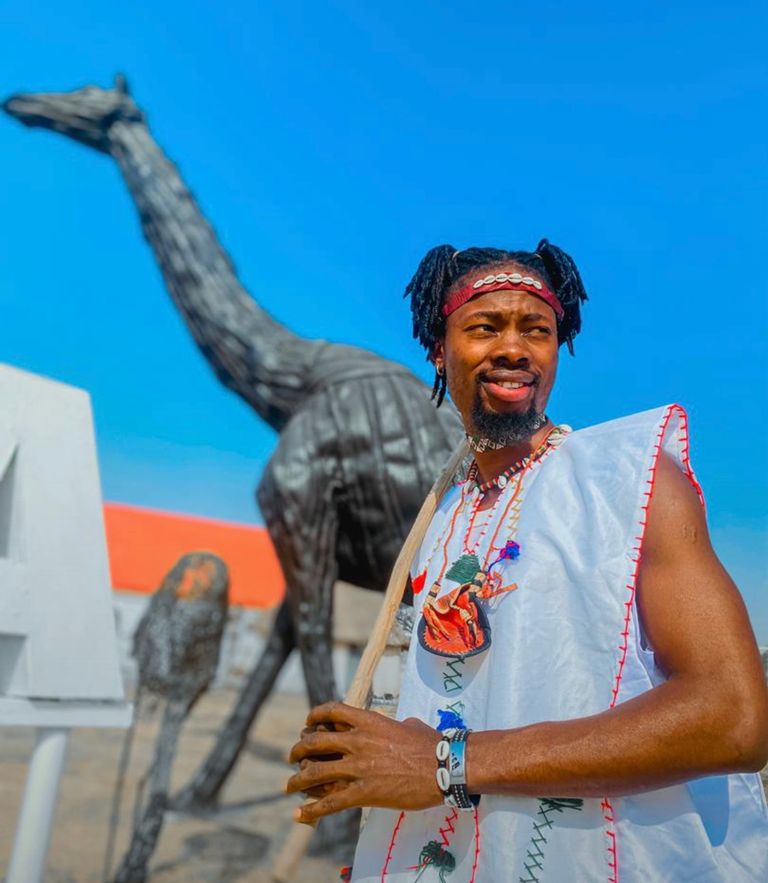
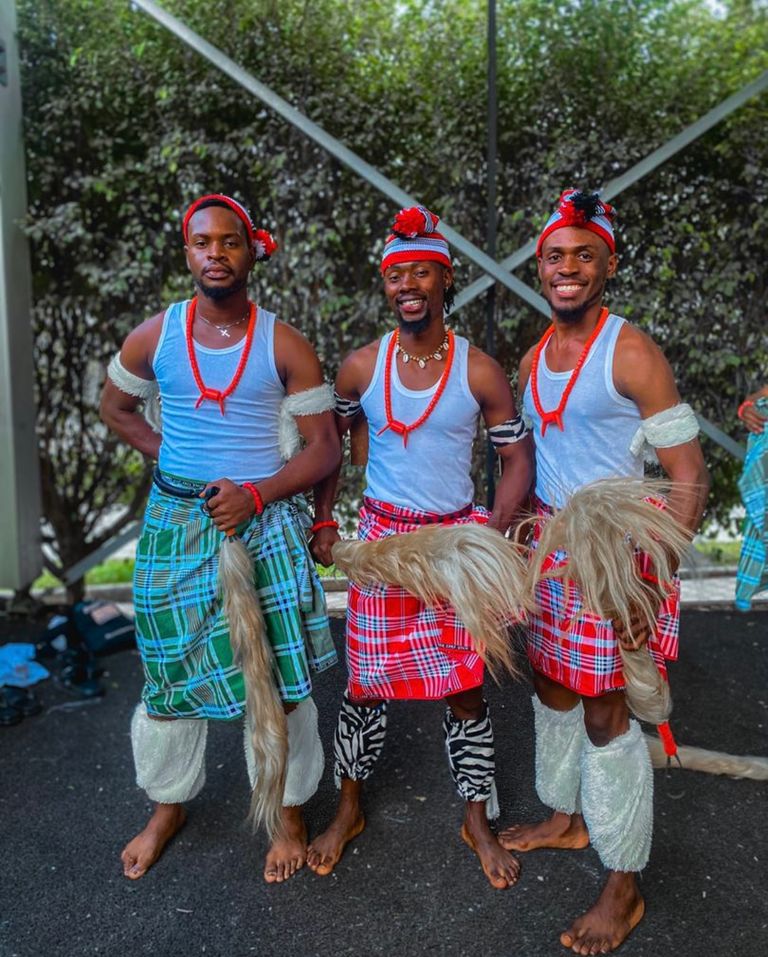
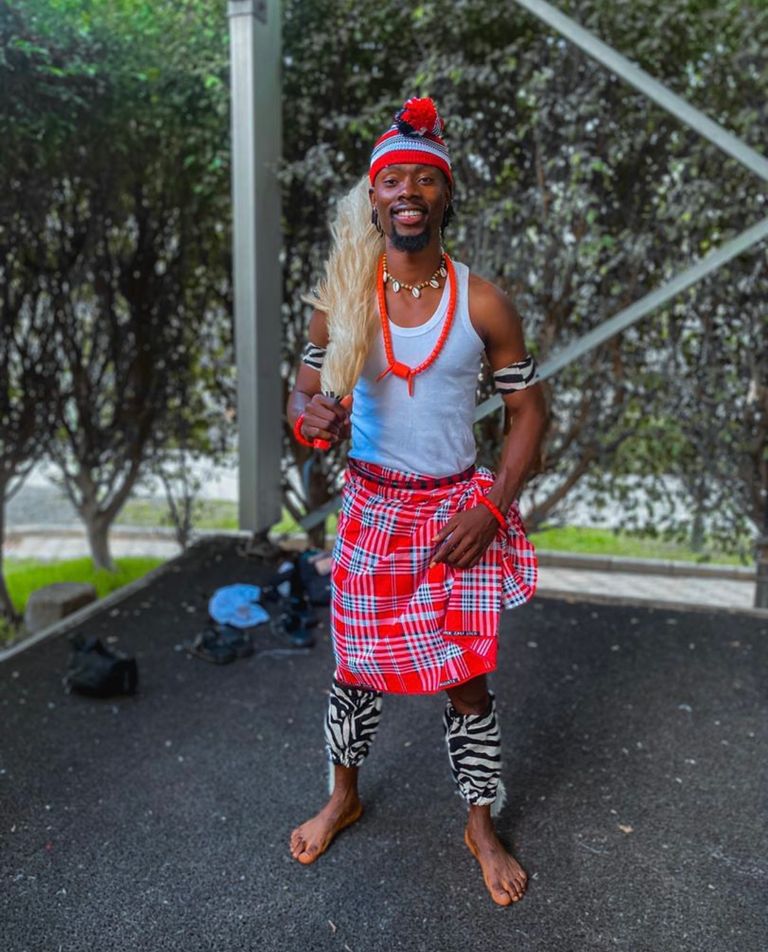
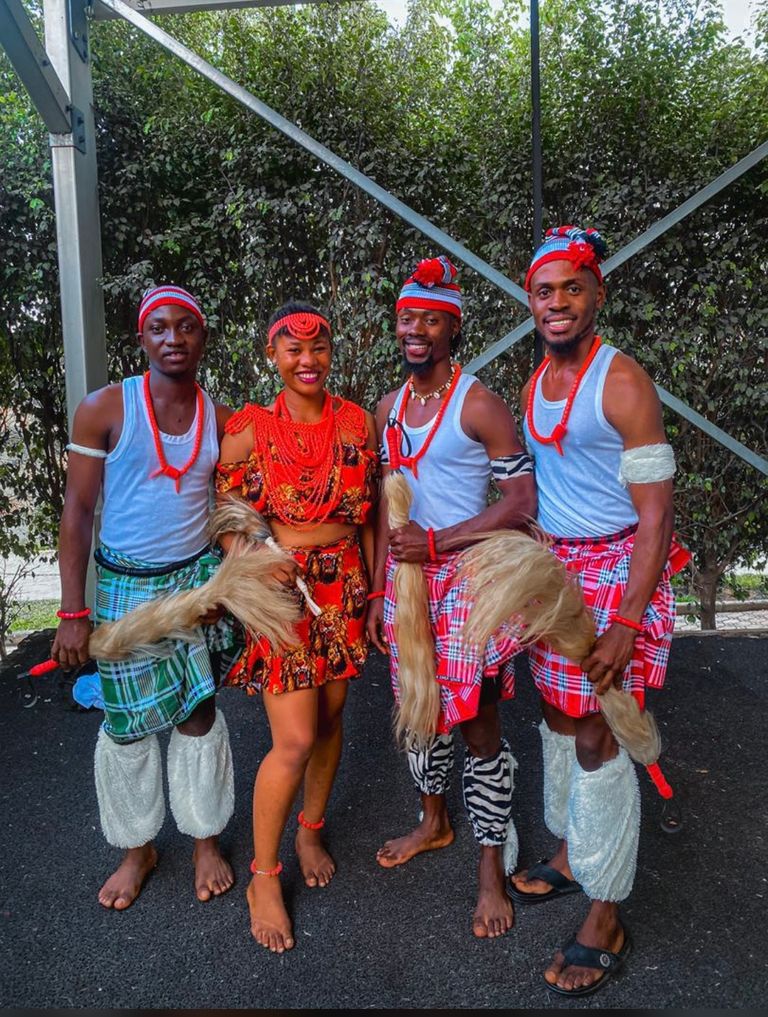
Overall, Igbo culture is a rich and vibrant culture that is known for its unique customs, traditions, and values. The Igbo people are a proud and resilient people, and their culture continues to thrive and evolve to this day.
Thank you for stopping by my post today, I hope you enjoy my content please drop a comment below and state how useful this content was to you. Thank you for support
